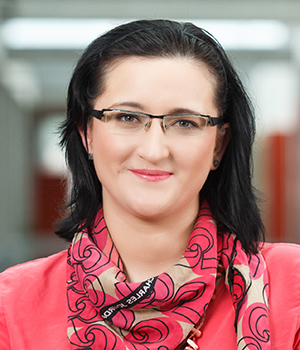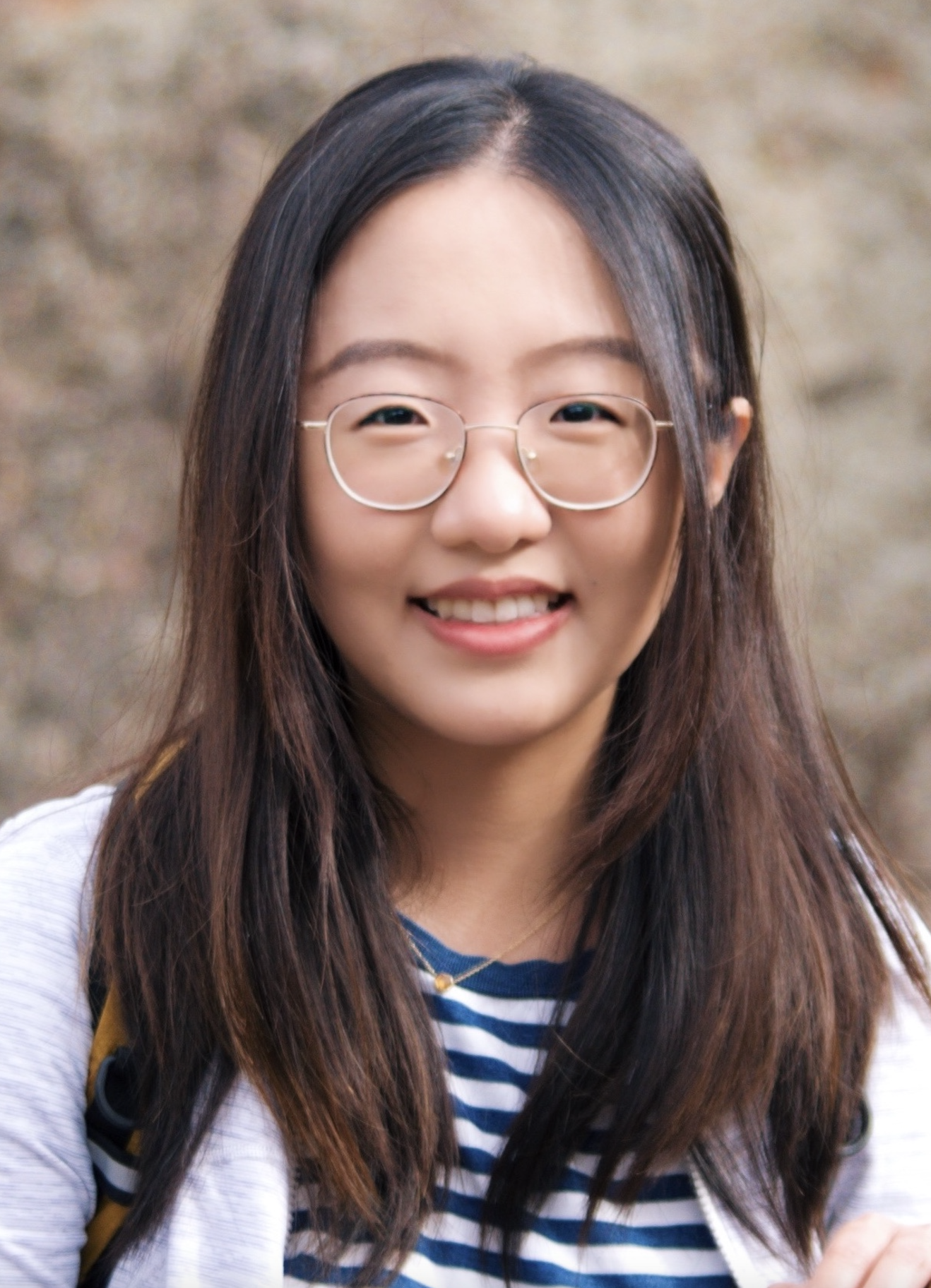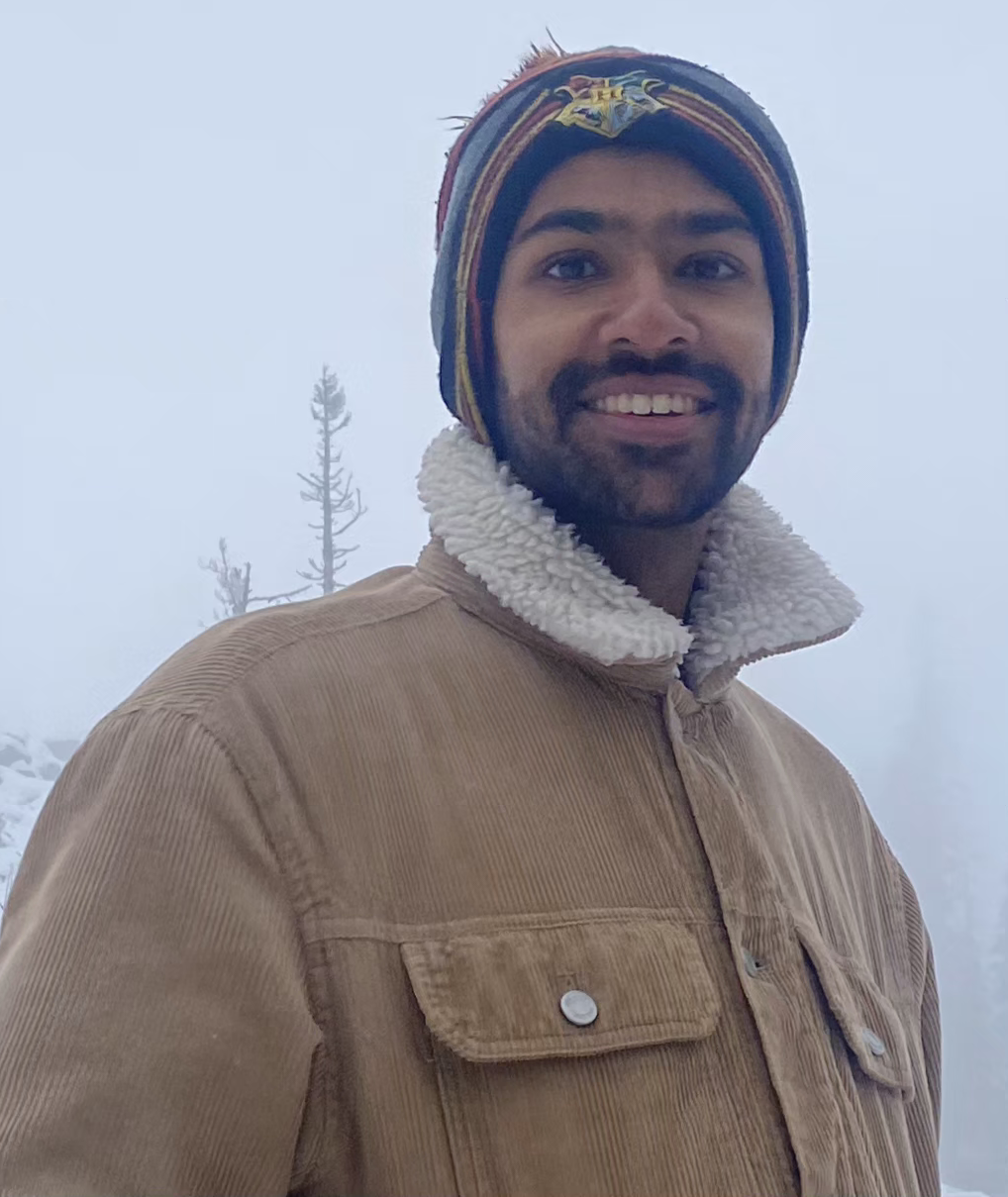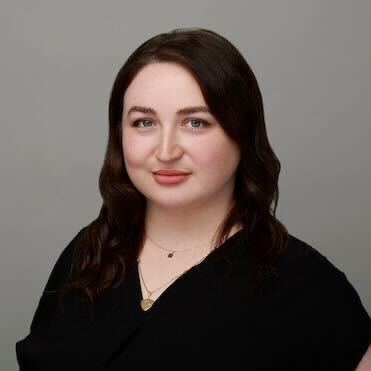About
High-profile voices in AI research and industry have forecasted that AGI will “cure all diseases” and that due to developments in AI, “scientific progress will likely be much faster than it is today”. While these statements underscore the rapid and exciting developments in the AI for Science community, beneath the headlines lie unresolved questions about where current AI methods genuinely advance scientific discovery and where they still hit hard limits. Through our proposed AI for Science workshop, we will bring together experimentalists, domain scientists, and ML researchers to discuss where this boundary lies. Our workshop will highlight common bottlenecks in developing AI methods across scientific application domains, and delve into solutions that can unlock progress across all of these domains. We welcome submissions from all AI for Science areas, but we concentrate our talks and panel on the reach and limits of AI for scientific discovery. The main objectives include:
- Multi-domain scientific reasoning
- Benchmark how well today’s LLMs and autonomous agents generate rigorously testable hypotheses and interpret results that span physics, chemistry, biology, climate science, and beyond.
- Identify failure modes in cross-disciplinary reasoning and outline directions–e.g., tool-augmented prompting, graph-structured memory, retrieval pipelines—-to close these gaps.
- High-fidelity generative & surrogate simulators
- Survey state-of-the-art models—from all-atom biomolecular generators to neural weather simulators—and assess the spatial, temporal, and accuracy limits they still cannot cross.
- Convene domain and ML experts to design hybrid, physics-informed, or multiscale approaches that push simulation fidelity where classical or purely data-driven methods plateau.
- Experimental data scarcity & bias
- Spotlight scientific areas that lack “Protein-Data-Bank–level” resources and invite dataset-generation proposals to catalyze community efforts.
- Explore lab-in-the-loop strategies—active learning, autonomous experimentation, synthetic data augmentation—to overcome limited or biased measurements and accelerate model improvement.
New Dataset Proposal Competition
We use the NeurIPS 2025 LaTeX template (Note that you do not need to attach the NeurIPS checklist). Please change the footnote to Submitted to/Accepted at/Published in the AI for Science workshop (NeurIPS 2025). Check details on this page.
Follow Us
Please follow us on X and LinkedIn for the latest news, or join us on the Slack for active discussions.
AI for Science Party
We are hosting a party for the community, check the registration link here.
Invited Talks (In alphabetical order)



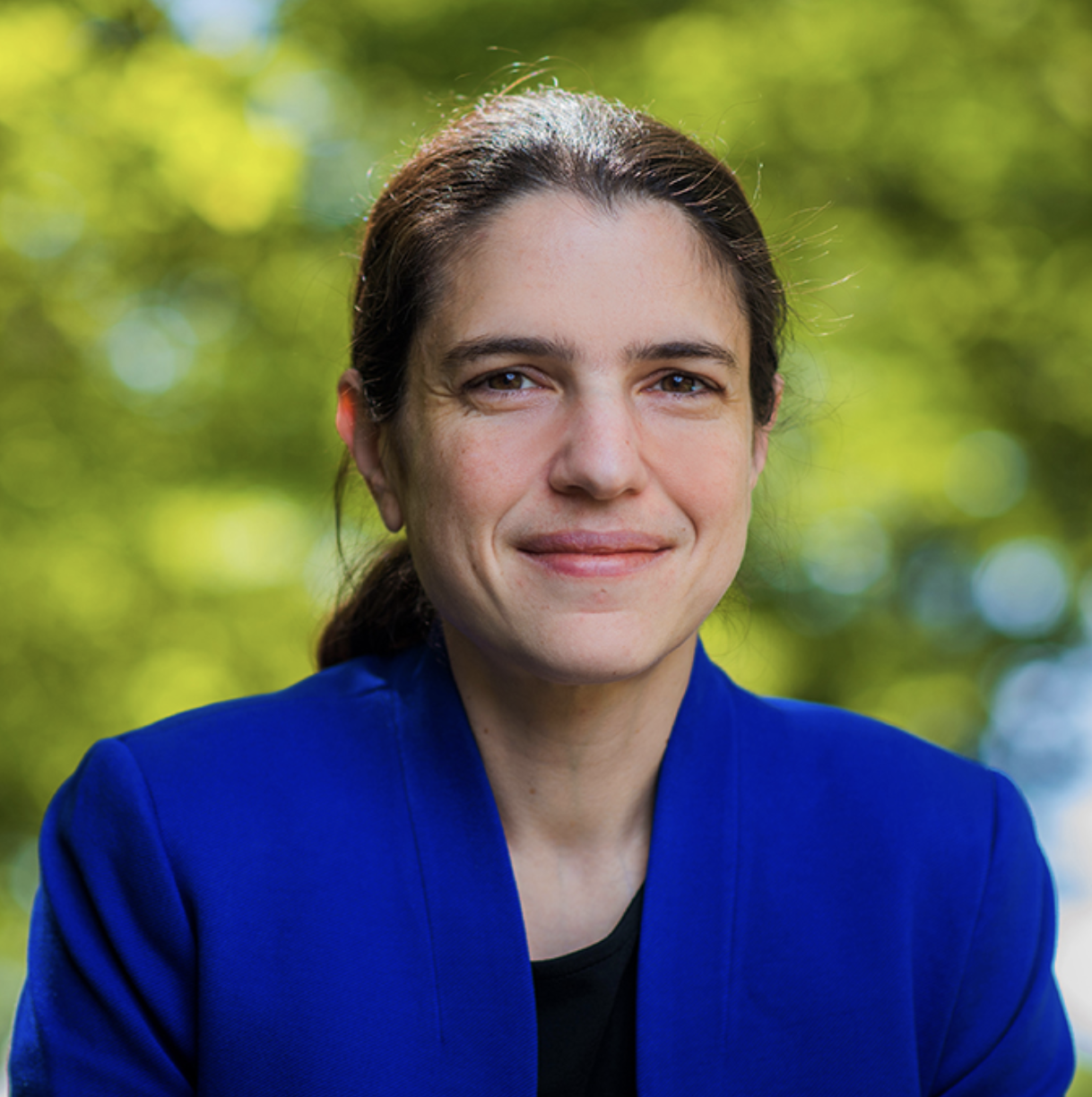


Panel: From Atoms to Answers: Can AI Simulate Science and Explain It?


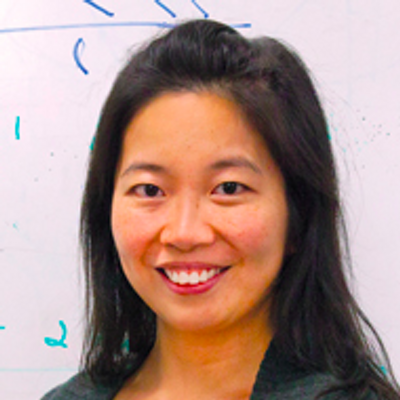


Important Dates (Anywhere on Earth)
- Abstract Submission Deadline: Aug 22, 2025 (extended to Aug 24)
- Paper Submission Deadline: Aug 25, 2025 (extended to Aug 27)
- Review Bidding Period: Aug 25-27, 2025 (extended to Aug 27-28)
- Review Deadline: Sep 19, 2025
- Acceptance Notification Date: Sep 22, 2025
- Workshop Date: Dec 7, 2025
Submissions
Please submit your paper on Openreview. Our workshop is nonarchival, the accepted papers will be posted on our website. We use the template from NeurIPS 2025 (Note that you do not need to attach the NeurIPS checklist). Please change the footnote to Submitted to/Accepted at/Published in the AI for Science workshop (NeurIPS 2025). The submissions are expected to be 4-8 pages with unlimited references and appendices. For more detials, please check the Call for Papers page.
Call for Reviewers/Area Chairs
We are calling for active researchers in the field to help with our review process. Here are the reviewer and area chair sign up forms.
Frequent Q&A
- What is the abstract deadline and why do we have it?
-
You only need to create a submission tab on OpenReview by the abstract deadline. (This is not a separate submission track for short papers). As we receive a large volume of diverse submissions, to entire good review quality and coverage of reviewer areas, we keep an abstract deadline for us to have a chance to invite new reviewers if needed.
- Can I attend the workshop even if I don’t have any submissions?
-
Yes, you are welcome to attend the workshop. Registration is through NeurIPS 2025 registration system with workshop selected.
- Can I join the organizing team?
- We always welcome new members to join our organizing team, feel free to reach out to us if you are interested. Several questions are recommended to be answered to help us make decision: what do you like about the workshop? what do you think we should improve? what can you contribute to the organizing team?
Organizers and Contact
For any question, please contact ai4sciencecommunity@gmail.com.
Organizers

